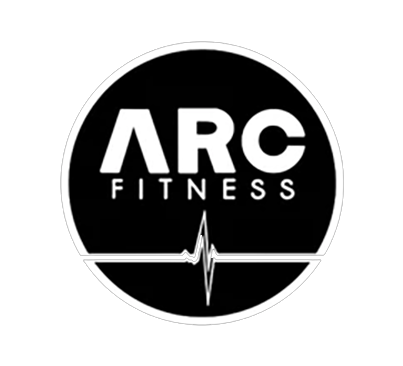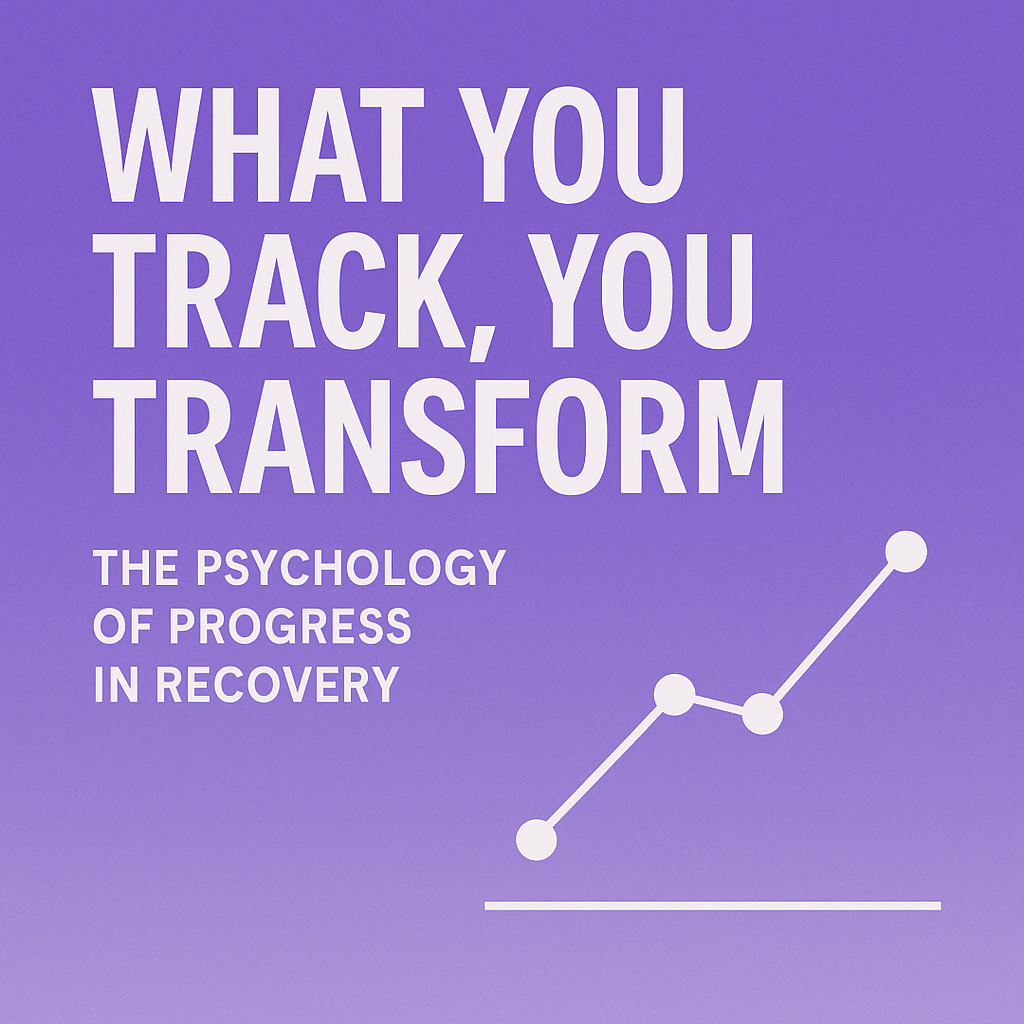No products in the basket.
Uncategorized
What You Track, You Transform: The Psychology of Progress in Recovery
What You Track, You Transform: The Psychology of Progress in Recovery
In recovery, small wins matter more than you think. When you’re rebuilding your life—physically, mentally, and emotionally keeping track of progress isn’t just helpful; it’s transformational. At ARC Fitness, we say it often: What you track, you transform.
Why? Because the act of tracking turns vague hope into clear direction. It moves you from guesswork to growth. And most importantly, it gives you proof that change is happening even on the days it doesn’t feel like it.
The Brain Loves Evidence
Your brain is a pattern-recognition machine. It’s constantly scanning for feedback: “Is this working? Should I keep going?” When you track your progress, you give your brain something solid to respond to. That could be:
- Completing 3 workouts this week
- Logging 7 days of no alcohol use
- Writing a daily gratitude list
- Hitting a hydration goal
These aren’t just numbers. They’re signals to your brain: I’m doing the work. I’m showing up. I’m moving forward.
Without tracking, progress can feel invisible, and when progress feels invisible, motivation disappears.
Tracking Builds Belief
The early stages of recovery are often filled with doubt. “Can I actually do this?” “Will things ever change?” Tracking small wins is how we start to silence that inner critic.
Every tick, journal entry, or logged workout becomes a receipt of commitment. It builds belief, not from hype, but from history.
You Don’t Need an App (But You Can Use One)
There’s no one-size-fits-all way to track progress. What matters is consistency, not complexity. Here are a few simple methods:
- Paper habit trackers: Tick off each day you complete a target behaviour.
- Progress journal: Write down what went well each day.
- Visual boards: Use post-it notes or a whiteboard to track wins.
- Apps: Tools like HabitShare, Streaks, or even Notes on your phone work well.
The key? Make it visible. The brain loves feedback, it can see.
Track What Matters Most
Don’t get caught up in tracking everything. Track what actually moves the needle in your recovery. That might include:
- Number of group sessions attended
- Days of sobriety
- Daily mood (1–10)
- Hours of sleep
- Energy levels
- Number of meals eaten
- Conversations with supportive people
Choose 3–5 things that reflect the kind of life you’re trying to build—and watch what happens when you start noticing them.
Progress Isn’t Just the Outcome
Tracking isn’t only about achieving big milestones. It’s about celebrating effort. Some days, showing up is the win. Some weeks, just staying consistent is the goal.
When you track your progress, you give yourself permission to honour the process, not just the result. That builds resilience, self-respect, and momentum.
At ARC, We Track the Right Things
Our programme isn’t focused on perfection. It’s about participation. Whether it’s training sessions, journaling, nutrition, or mental check-ins, we use tracking as a tool to:
- Build consistency
- Strengthen self-awareness
- Reinforce progress
- Anchor motivation
We encourage every client to track something, not for pressure, but for clarity.
Final Word: Your Data is Your Story
Tracking isn’t about judgment. It’s about collecting evidence of your growth. It’s about seeing your own commitment reflected back at you. It turns invisible effort into visible change.
So if you’re in recovery, track something. Anything. Because what you track, you transform.
Want support turning small wins into big change? Join us at ARC Fitness and let’s build your progress story—one habit, one rep, one tick at a time.

